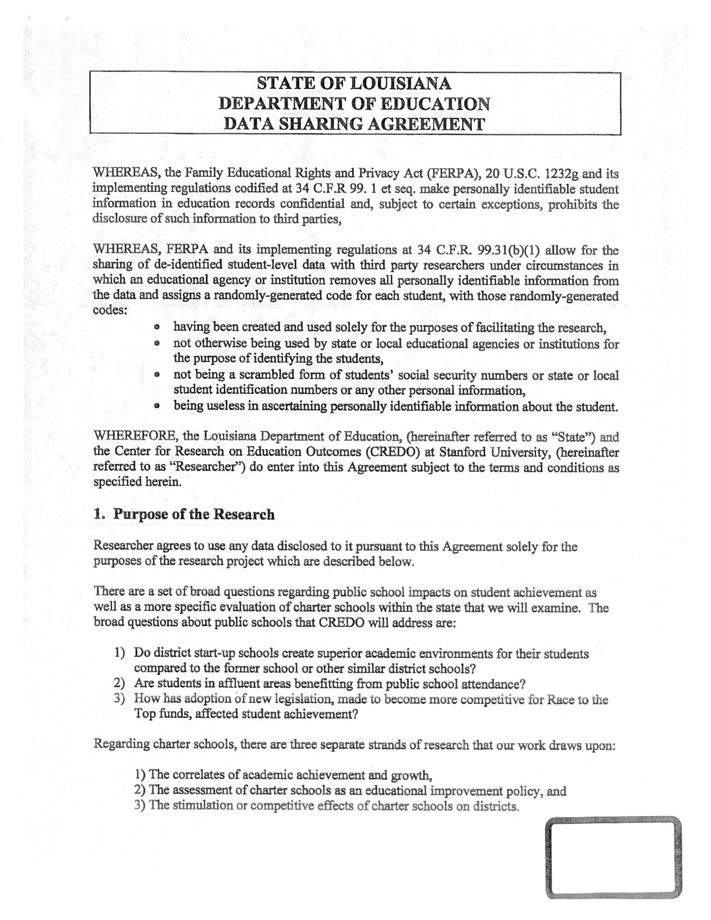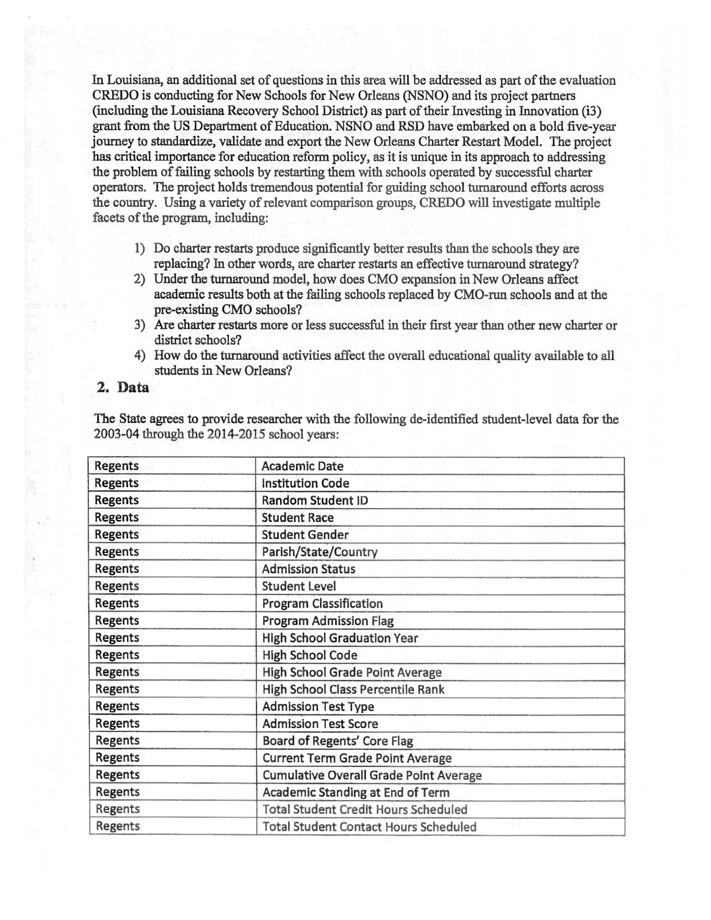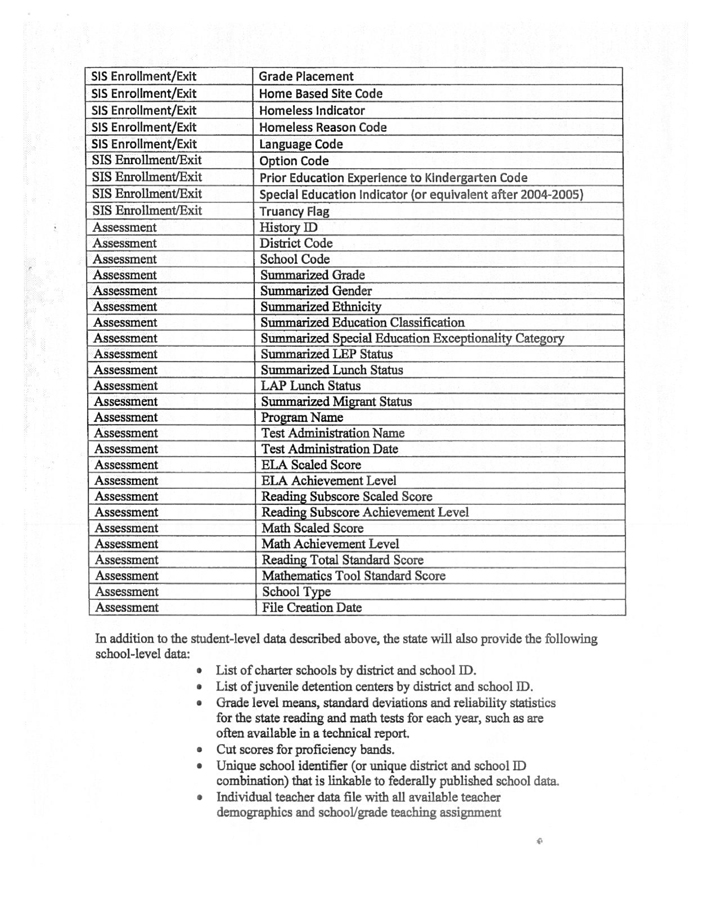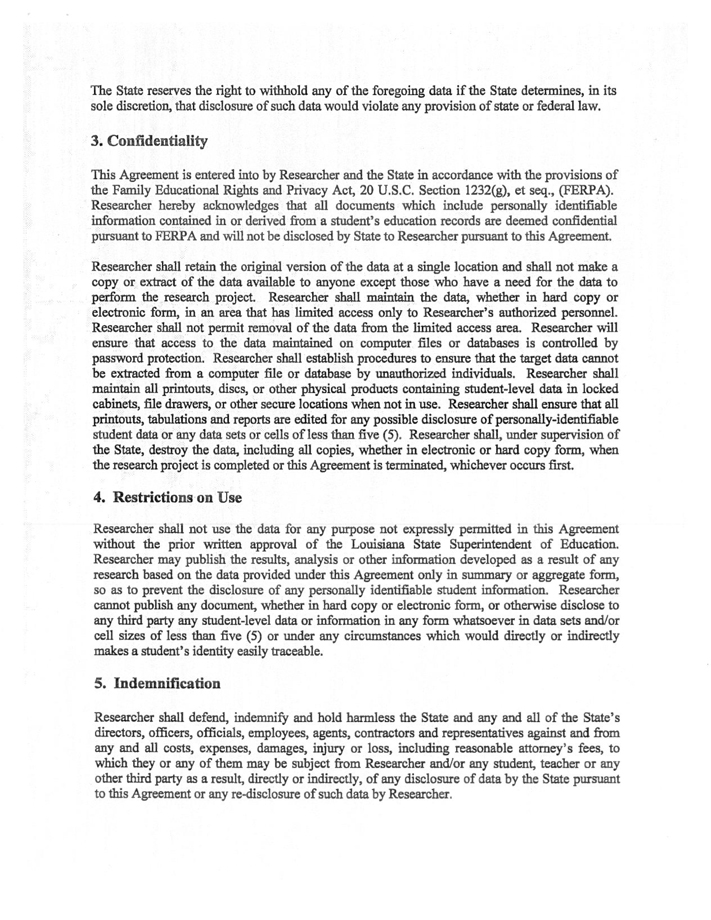By Valerie Strauss | Originally Published at The Washington Post. Updated: December 12 at 5:00 am
Education reform policy around the country is increasingly being made in secret or without public input — and with a lot of private philanthropic money.
A number of recent stories reveal the extent to which policy makers and school reformers are going to push their reform agenda to expand charter schools and vouchers in an effort to step up the privatization of public education. These stories include:
* The Kansas City Star reported in this story about a secret plan by Missouri’s education commissioner and a state-hired consultant to develop “a statewide district to gather poor-performing schools under new leadership, with an office for innovation and charter school expansion.” E-mails obtained by the paper ”exposed a rushed bidding process, now criticized, that ultimately landed Indianapolis-based CEE-Trust a $385,000 contract to develop a long-range overhaul for the district’s failing schools.” The Kansas City schools superintendent, Steve Green, was quoted as saying: “It suggests a conspiracy against our success.”
* The Guardian newspaper reported in this story about a network of state far-right conservative groups across the United States “planning a coordinated assault against public sector rights and services in the key areas of education, healthcare, income tax, workers’ compensation and the environment.” In the education world, documents obtained by the Guardian showed plans to push in state legislatures proposals for vouchers that would use public tax money for private school tuition. The Guardian, in partnership with the Texas Observer and the Portland Press Herald in Maine, published the network’s summary of all the policy proposals revealing state-by-state conservative plans that raise questions about whether the organizations are complying with their non-profit tax-exempt status. The policy goals are seen in funding proposals, such as this one from Virginia:
“Thomas Jefferson Institute for Public Policy (VA)
Executive TJI requests $40,000 to defend and advocate for the expansion of the Virginia Summary Education Scholarships Tax Credit. will conduct and outreach campaign to maximize enrollment in the program, publish a report citing the fiscal benefits, and create an organization of tax credit stakeholders. Success will be determined by scholarship donor and student participation as well as formation of school choice alliance and the number of participants in the alliance.
The non-profit Center for Media and Democracy in November published a great deal of information on its website about the State Policy Network, which says in part:
Legal changes in which SPN affiliates are particularly active include clamoring for expansion of school vouchers, charter schools, and other forms of education privatization; hamstringing labor unions and urging wage suppression; privatizing pensions; pre-empting paid sick leave; fighting health care reform; and repealing renewable energy standards and denying climate change.
* The Albany Times Union recently reported in this story about a “little known” team of analysts working in the New York State Education Department who are paid with private funds:
A team of two dozen well-paid analysts embedded in the State Education Department is having a dramatic impact on a reform agenda that’s causing controversy throughout New York.
None are public servants.
Supported with $19 million in donations from some of the nation’s wealthiest philanthropists, the Regents Research Fund team makes up a little-known think tank within the education agency. It is helping drive reforms that affect the state’s 3.1 million public school students and employees of almost 700 school districts.
The three-year-old operation, which now comprises 27 full-time staffers and a half-time intern, is unique in public education systems nationwide.
Funding to pay the analysts initially came from a $1 million donation from a private foundation established by New York State Board of Regents Chairwoman Merryl Tisch and her husband, Loews Corporation CEO James Tisch. That was followed with funding, the article said, from 19 donors, including the Carnegie Corporation; the Hewlett, Tiger and Robin Hood foundations, the Helmsley Trust and General Electric.
* In Louisiana, the 19th Judicial District Court recently ruled that the state Department of Education does not have to provide researchers with raw data that would help them determine if school reform efforts are working — and can pick and choose to whom it provides the information. The court ruled that the data is not subject to the Public Records Act, according to Research on Reforms, Inc., which sued the department for the information. The suit was filed after the organization requested raw data and was denied it — even though the department had given it to other researchers already.
Who got the information? Researchers at the Center for Research on Education Outcomes (CREDO), which is based at Stanford University. Signing the memorandum was CREDO’s director, Margaret Raymond, and her husband, CREDO’s principal investigator Eric Hanushek, along with Ollie Tyler, acting state superintendent of education at the time the memo was signed in 2011. It runs through 2016 and provides CREDO with detailed Louisiana information. Both are also fellows at the Hoover Institution located at Stanford University.
According to Raymond’s biography on the Hoover website, she has worked “in partnership with the Walton Family Foundation and Pearson Learning Systems” in conducting national studies of public charter schools. CREDO has issued a number of studies on charter schools, which have been financially supported for years by the Walton foundation.
Here’s the text of a memorandum of understanding between the Louisiana Education Department and CREDO: To download Click LADOE-Credo-Data-Sharing


















Leave A Comment